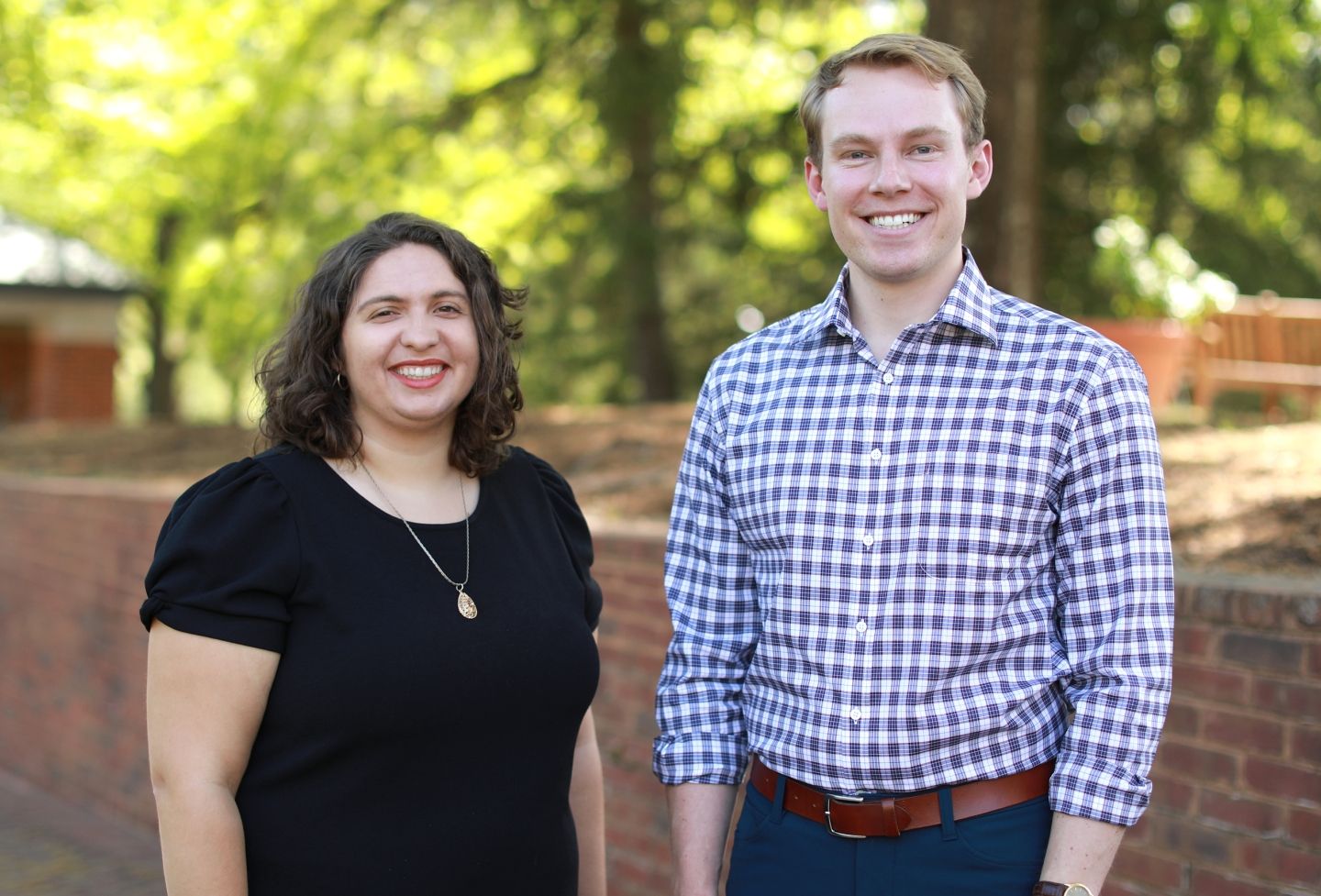Professor Dayna Bowen Matthew ’87 of the University of Virginia School of Law has been named the next dean of George Washington University Law School. She will be the fifth woman to serve on the UVA Law faculty before becoming dean at a top law school, and the first woman to lead GW.
Matthew, a leader in public health who focuses on racial disparities in health care, will begin her term as dean July 1. She succeeds another UVA Law graduate, Blake Morant ’78, who served as dean of GW Law from 2014 to 2019 and remains on the faculty there.
Matthew said she is excited to join “a preeminent space for civil discourse, constructive collaborations and innovative thinking that will advance society’s progress toward addressing the most difficult problems through law.”
At UVA Law, Matthew is the William L. Matheson and Robert M. Morgenthau Distinguished Professor of Law and the F. Palmer Weber Research Professor of Civil Liberties and Human Rights. She also serves as a professor of public health sciences and director of The Equity Center at UVA, an institution she helped found to redress racial and socioeconomic inequality in university communities. The institution most recently hosted the Healing Hate conference at the Schools of Law, Medicine and Nursing.
“Dayna is a pathbreaking scholar on race and public health, and we are so pleased to see her take the visionary leadership she has already shown at UVA to an exciting new level,” Dean Risa Goluboff said. “I am also proud of UVA’s legacy as a launching pad for faculty members, particularly women, who go on to serve as leaders in higher education.”
That list includes UVA Provost M. Elizabeth Magill ’95, who served as dean of Stanford Law School after serving as vice dean at UVA; Duke Law School Dean Kerry Abrams; UCLA Law School Dean Jennifer Mnookin; and Goluboff, who had served on the UVA faculty since 2002 before becoming dean in 2016.
Matthew previously served on the University of Colorado law faculty as a professor, vice dean and associate dean of academic affairs. She was a member of the Center for Bioethics and Humanities on the Anschutz Medical Campus and held a joint appointment at the Colorado School of Public Health. She is the author of the book “Just Medicine: A Cure for Racial Inequality in American Health Care,” which looks at how implicit bias affects health outcomes.
She has also taken on many public policy roles. Matthew worked with a law firm partner in 2013 to found the Colorado Health Equity Project, a medical-legal partnership incubator aimed at removing barriers to good health for low-income clients by providing legal representation, research and policy advocacy. In 2015 she served as the senior adviser to the director of the Office of Civil Rights for the U.S. Environmental Protection Agency, where she expedited cases on behalf of historically vulnerable communities besieged by pollution. She then became a member of the health policy team for U.S. Sen. Debbie Stabenow of Michigan and worked on public health issues.
During 2015-16 she was a Robert Wood Johnson Foundation Health Policy Fellow, in residence in Washington, D.C., and pivoted her work toward population-level clients. She forged relationships with influential policy groups such as the Brookings Institution, where she is currently a non-resident senior fellow, and the Congressional Black Caucus Foundation.
Before academia, Matthew practiced as a civil litigator both in Kentucky, at the law firm of Greenebaum, Doll and McDonald, and in Virginia, at McGuireWoods, where her work primarily focused on the defense of medical care providers and corporate manufacturers.
Matthew graduated with an A.B. in economics from Harvard-Radcliffe. While studying for her J.D. at Virginia, she served as an editor of the Virginia Law Review, won the Law School’s William Minor Lile Moot Court Competition, and taught as a Hardy Dillard Writing Fellow. Following graduation, Matthew clerked for Justice John Charles Thomas ’75, the first African-American justice to sit on the Virginia Supreme Court. She taught at Virginia as an assistant professor from 1991-94. In 2018, she received a Ph.D. in health and behavioral sciences from the University of Colorado at Denver.
Her work on studying the connection between health and living environments was inspired in part by her parents’ own circumstances living in segregated communities in the South Bronx, where Matthew grew up in the 1960s and ’70s. The both died young to preventable diseases, Matthew said, exacerbated by the stress of societal inequities.
“They died, as many African-Americans do, because of a limited access to the social determinants of health in their neighborhoods,” she said.
When Matthew returned to the Virginia faculty in 2017, she said she “wanted to come back to an environment that considers itself crucially important to improving society, and that’s what Virginia means to me.”
“I've taught at some very fine institutions — and teaching students is a high calling. But something extra exists at Virginia, where we educate to serve,” she said.
Related News
- Health Law Expert Dayna Matthew '87 to Return to UVA Law Faculty
- Dayna Matthew Delivers Chair Lecture on Medical-Legal Partnerships
- ‘Common Law’ Episode Explores How Lawyers Are Key to Confronting Health Disparities
- Professor, Students Help Draft Senate Bill to Expand Civil Rights Act
Founded in 1819, the University of Virginia School of Law is the second-oldest continuously operating law school in the nation. Consistently ranked among the top law schools, Virginia is a world-renowned training ground for distinguished lawyers and public servants, instilling in them a commitment to leadership, integrity and community service.


